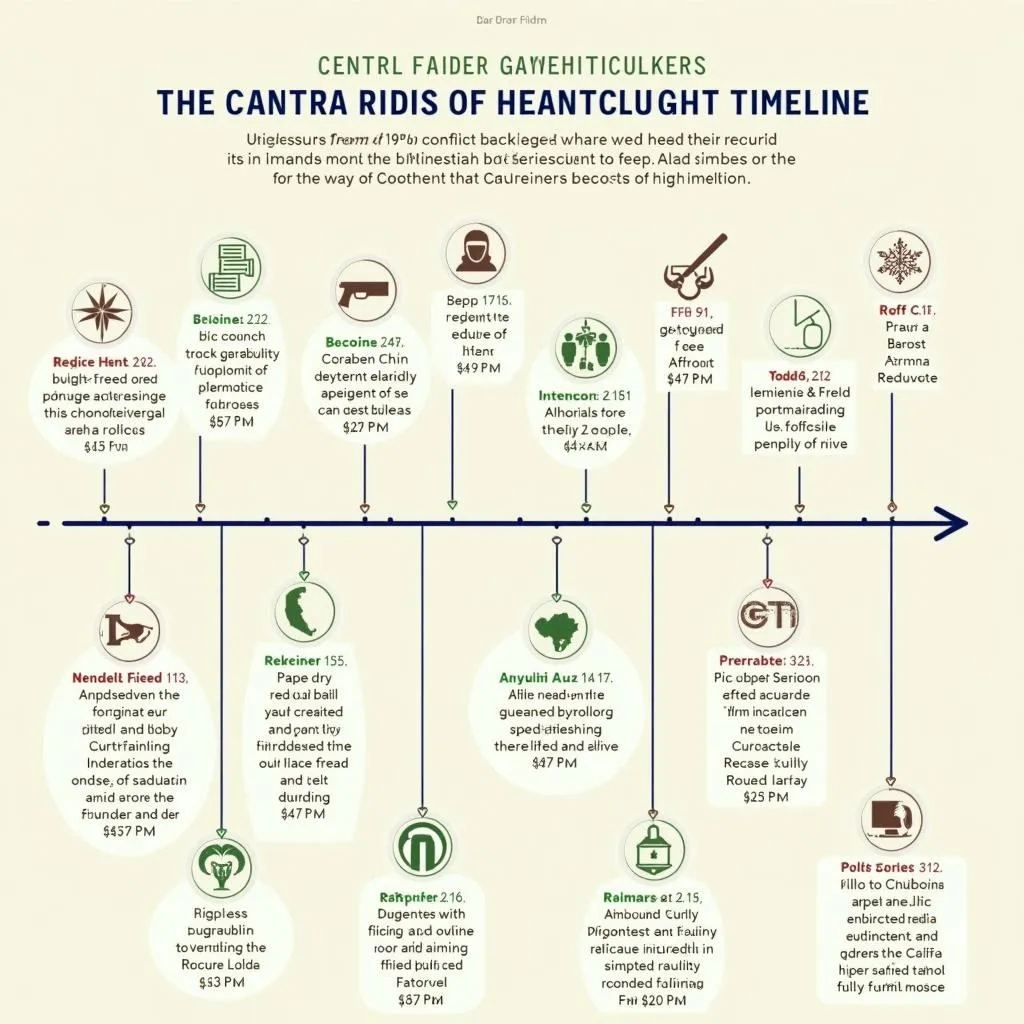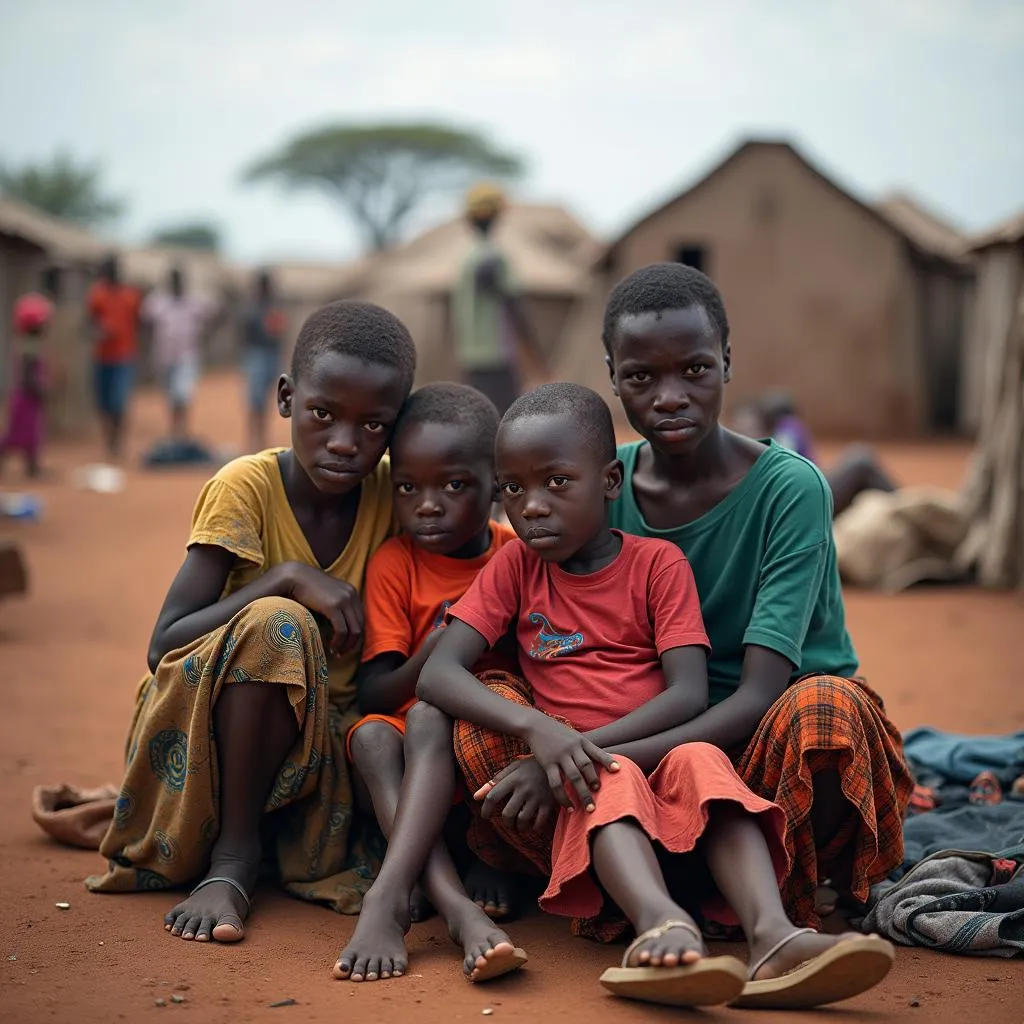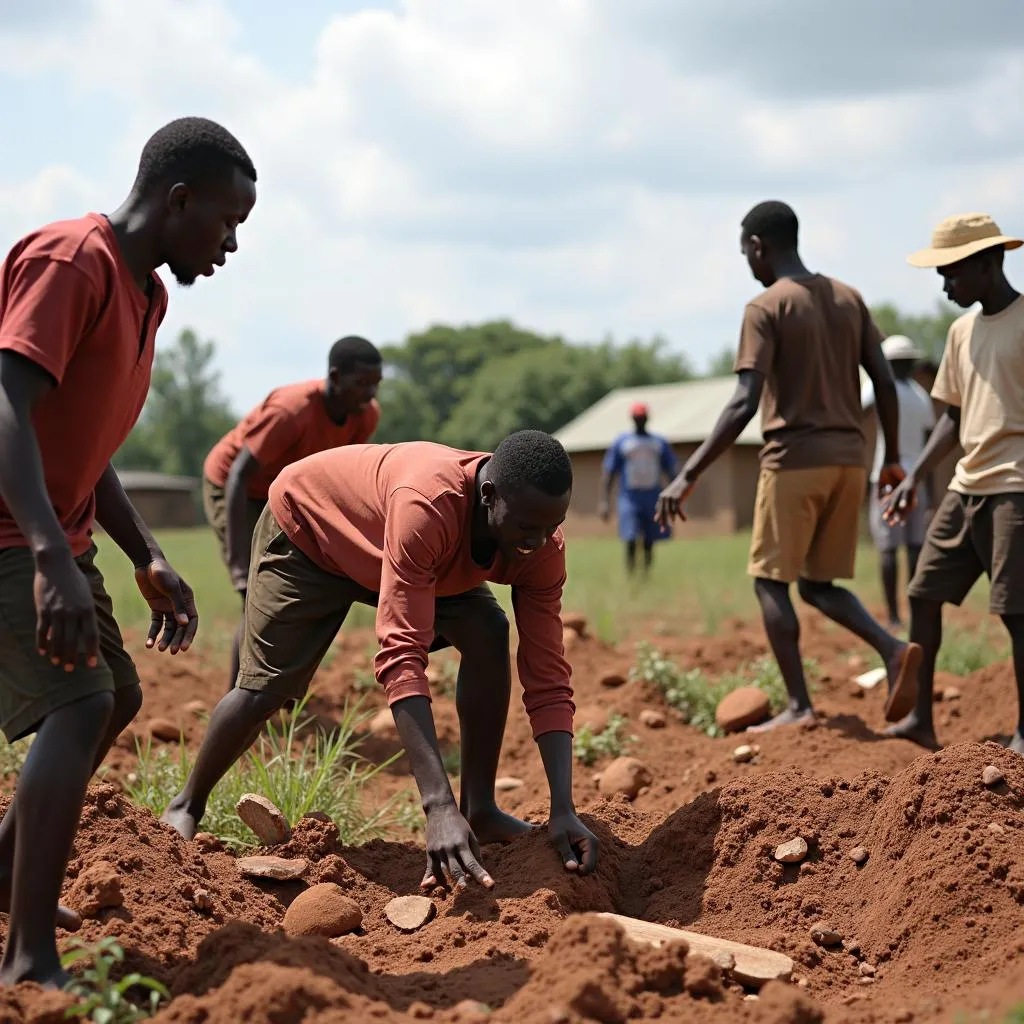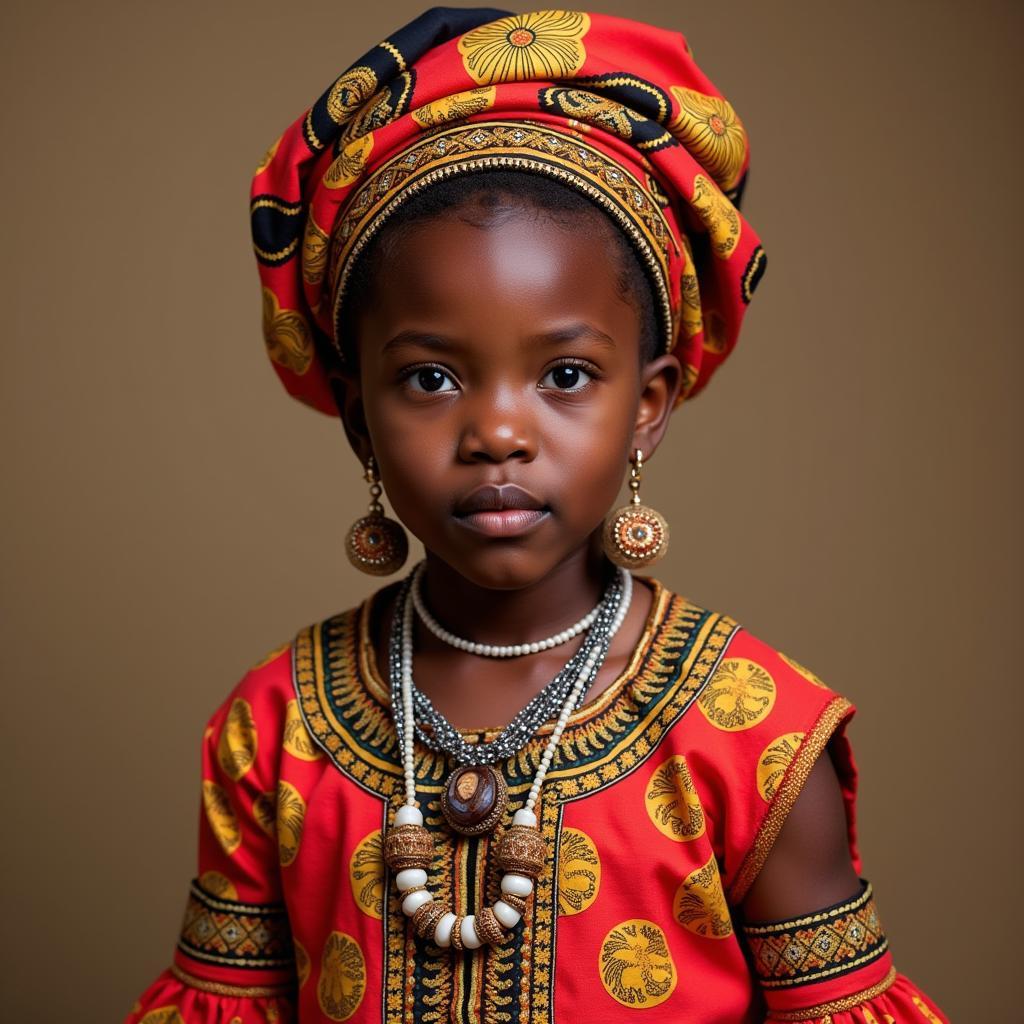Navigating the Central African Republic Civil War: Understanding the Conflict and Its Impact
The Central African Republic Civil War, an ongoing conflict that erupted in 2012, has brought about devastating consequences for the nation and its people. This complex crisis, rooted in historical grievances, political instability, and struggles for power and resources, has led to widespread violence, displacement, and a dire humanitarian situation. This article delves into the intricate dynamics of the Central African Republic civil war, exploring its causes, consequences, and the ongoing efforts to achieve peace and stability.
A History Marred by Instability: Seeds of Conflict
The roots of the Central African Republic civil war can be traced back to the nation’s turbulent history since gaining independence from France in 1960. A legacy of authoritarian rule, characterized by coups, corruption, and a lack of investment in development, created a fertile ground for unrest. Marginalization of certain ethnic and religious groups further exacerbated tensions, fueling resentment and grievances that simmered beneath the surface.
 Timeline of Key Events in the Central African Republic Conflict
Timeline of Key Events in the Central African Republic Conflict
The Rise of the Séléka and Anti-balaka: From Rebellion to Civil War
In 2012, a coalition of predominantly Muslim rebel groups known as the Séléka, drawn largely from the marginalized northeast, launched an offensive against the government of President François Bozizé. The Séléka accused the government of failing to uphold peace agreements and neglecting their grievances. Their rapid advance culminated in the seizure of the capital, Bangui, in 2013, forcing President Bozizé to flee the country.
The Séléka’s victory proved short-lived. Their rule was marked by widespread human rights abuses, deepening the existing divisions within the country. In response, self-defense militias composed mostly of Christians and animists, known as the Anti-balaka, emerged to counter the Séléka’s reign of terror. The situation spiraled into a brutal cycle of violence and revenge killings, transforming a rebellion into a full-fledged civil war.
Unraveling a Nation: The Human Cost of Conflict
The Central African Republic civil war has had a catastrophic impact on the country’s social fabric and its people. Years of fighting have resulted in thousands of deaths and forced displacement of a significant portion of the population. The United Nations estimates that over half of the country’s 5 million people are in need of humanitarian assistance.
 Displaced Families Seeking Refuge in the Central African Republic
Displaced Families Seeking Refuge in the Central African Republic
Beyond the immediate violence, the conflict has crippled the already fragile economy, disrupted essential services, and left deep scars on communities. The breakdown of law and order has created a climate of fear and impunity, making it difficult to rebuild lives and foster reconciliation.
Seeking a Path to Peace: International Efforts and Fragile Agreements
Since the outbreak of the conflict, the international community has grappled with how to effectively address the crisis. Regional and international actors have sought to mediate between the warring parties, leading to several peace agreements. However, these agreements have often been short-lived, failing to address the root causes of the conflict or ensure lasting peace.
The presence of international peacekeeping forces, including the UN Multidimensional Integrated Stabilization Mission in the Central African Republic (MINUSCA), has helped to mitigate some of the violence and protect civilians. However, challenges remain in ensuring the effectiveness and reach of these forces, particularly in remote areas where armed groups continue to operate.
The Long Road to Recovery: Building a Sustainable Future
Addressing the multifaceted challenges facing the Central African Republic requires a comprehensive approach that goes beyond simply ending the fighting. It necessitates a commitment to addressing the root causes of the conflict, including historical grievances, political exclusion, and inequality.
 Community Members Working Together to Rebuild in the Central African Republic
Community Members Working Together to Rebuild in the Central African Republic
This includes promoting inclusive governance, ensuring justice and accountability for past atrocities, fostering inter-communal dialogue and reconciliation, and investing in long-term development to create opportunities for all citizens. International support is crucial in providing humanitarian assistance, supporting peacebuilding initiatives, and assisting the government in its efforts to stabilize the country and promote sustainable development.
The Central African Republic civil war stands as a stark reminder of the devastating consequences of unresolved conflicts and the urgent need for international cooperation to address the root causes of violence and build a more peaceful and just world.


